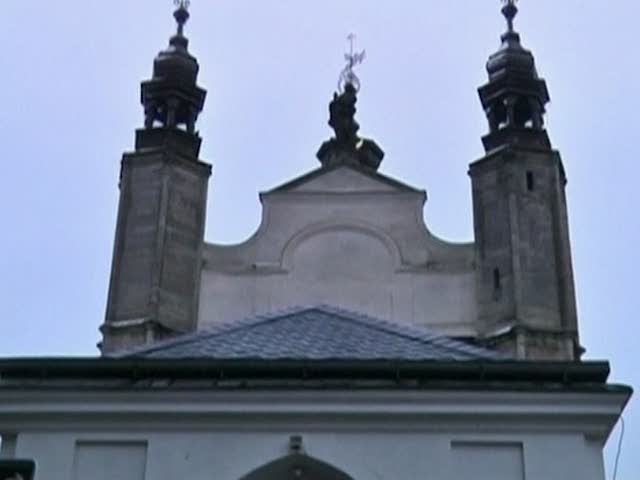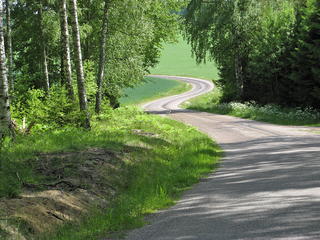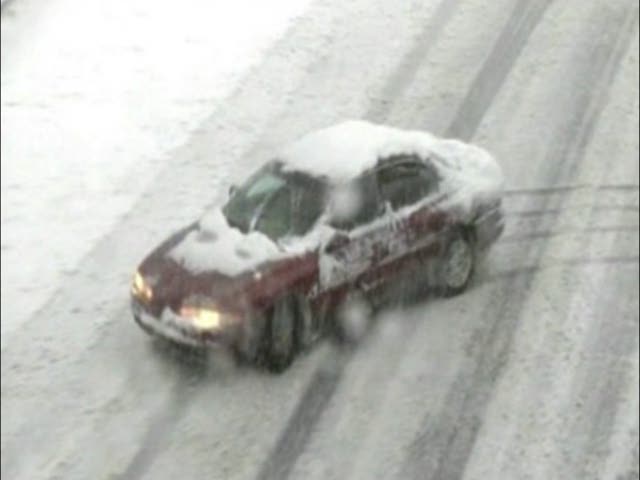Flashmobs are the latest craze in Europe this summer
Published:
18 August 2003 y., Monday
Flashmobs are the latest craze in Europe this summer. It’s another scorching day in Berlin, and on the Alexanderplatz in the city’s center, people are sitting on the edge of a fountain, hoping to catch some relief from the heat. A few are standing around in curious expectation. An Internet site had said a flashmob would take place at 5:00 p.m. But at 4:59 there was no trace of anything out of the ordinary.
Then at five on the dot, a circle of some 10 people suddenly convened around the fountain from out of nowhere. They were all young men in their 20s. Each took off his left show and passed it to his neighbor. Within about 15 seconds, the shoes had made a full circle and were back with their owners. The men gave themselves a high-five and dispersed without a trace. All that was left after their departure were amused and slightly confused onlookers, wondering what they just say.
Flashmobs, or spontaneous gatherings of people engaged in somewhat pointless activities, are the most recent U.S. import. In June of this year, the first such event took place in a Macy’s department store in New York. Since then, the concept has spread quickly across the United States, and leapfrogged over to Australia, Singapore and, as of the end of July, made its way to Europe.
In Germany, flashmobs have become very popular among a mostly young, computer-savvy group. More than 150 towns and cities have been the sites for the blitz-like gatherings, and in Berlin, at least two or three of the brief nonsensical events are announced every day on various Web sites, e-mail lists and mobile phone messages.
Šaltinis:
dw-world.de
Copying, publishing, announcing any information from the News.lt portal without written permission of News.lt editorial office is prohibited.
The most popular articles
 EU plans will allow international air passenger data to be used under strict conditions in the fight against terrorism and serious crime.
more »
EU plans will allow international air passenger data to be used under strict conditions in the fight against terrorism and serious crime.
more »
 Experts are trying to find ways to save the unique Sedlec ossuary - a church decorated with human skulls and bones.
more »
Experts are trying to find ways to save the unique Sedlec ossuary - a church decorated with human skulls and bones.
more »
 The EU and its Member States must act to ensure that pension schemes can sustainably deliver an adequate income to the EU's growing number of retired people, despite the economic crisis, says Parliament's Employment Committee in a resolution voted on Tuesday.
more »
The EU and its Member States must act to ensure that pension schemes can sustainably deliver an adequate income to the EU's growing number of retired people, despite the economic crisis, says Parliament's Employment Committee in a resolution voted on Tuesday.
more »
 Chinese factories increase their output of replicas of the Windsor royal engagment ring as world-wide demand for the sparkle remains high.
more »
Chinese factories increase their output of replicas of the Windsor royal engagment ring as world-wide demand for the sparkle remains high.
more »
 The euro changeover in Estonia is in its final stage.
more »
The euro changeover in Estonia is in its final stage.
more »
 Europe's flora and fauna are now better protected than at any time in the history of the European Union. Natura 2000, Europe's network of protected natural areas, has been expanded by nearly 27 000 square kilometres.
more »
Europe's flora and fauna are now better protected than at any time in the history of the European Union. Natura 2000, Europe's network of protected natural areas, has been expanded by nearly 27 000 square kilometres.
more »
 Getting more people involved in volunteering is the key aim of the 2011 European Year of Volunteering.
more »
Getting more people involved in volunteering is the key aim of the 2011 European Year of Volunteering.
more »
 Dear Fellow People of Lithuania,I send my best wishes to you on this New Year's Eve.
more »
Dear Fellow People of Lithuania,I send my best wishes to you on this New Year's Eve.
more »
 Some residents in Jakarta are trading in their gas guzzling cars and motorcycles for bicycles.
more »
Some residents in Jakarta are trading in their gas guzzling cars and motorcycles for bicycles.
more »
 As a winter storm is heading for the Northeast Coast of the United States, drivers are not the only travelers being hit by the storm.
more »
As a winter storm is heading for the Northeast Coast of the United States, drivers are not the only travelers being hit by the storm.
more »